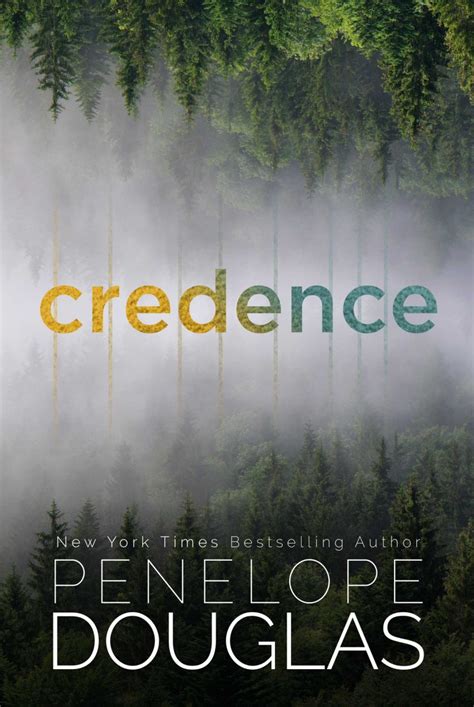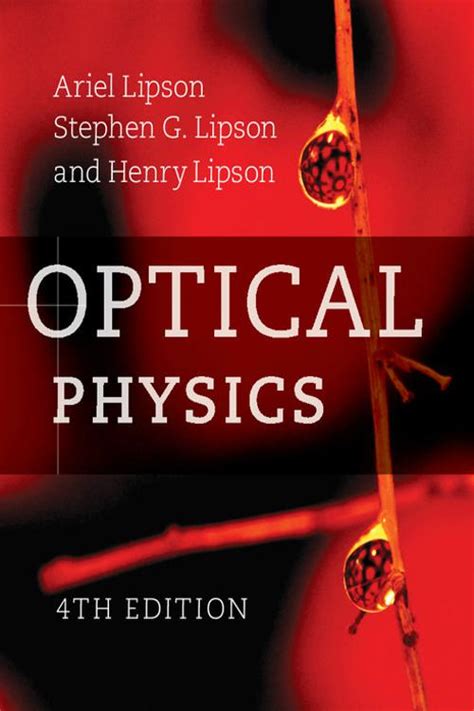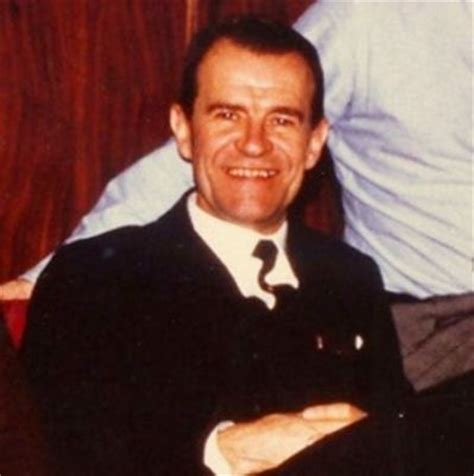A Quote by Richard Dawkins
The beauty of evolution is that it does provide an explanation of how you can get complexity out of simplicity. It does it by slow, gradual degree. At no point are you postulating the sudden coming into existence of a complicated being.
Related Quotes
If we want to postulate a deity capable of engineering all the organized complexity in the world, either instantaneously or by guiding evolution, that deity must have been vastly complex in the first place. The creationist, whether a naive Bible-thumper or an educated bishop, simply postulates an already existing being of prodigious intelligence and complexity. If we are going to allow ourselves the luxury of postulating organized complexity without offering an explanation, we might as well make a job of it and simply postulate the existence of life as we know it!
Darwinian evolution is slow and gradual, step by step. Such an evolution can explain micro-evolution but not macro-evolution. For example, how did the eye evolve? The idea behind Darwinism is that organisms adapt, and that nature selects only those genetic changes which are the mutations that serve a good purpose for adaptation. So taken this way, the eye cannot develop gradually because one-thousandth or one-millionth of an eye would be of no value for survival. So generally this question rules out Darwinism as an adequate theory for macro-evolution.
He always reminded us that every atom in our bodies was once part of a distant star that had exploded. He talked about how evolution moves from simplicity toward complexity, and how human intelligence is the highest known expression of evolution. I remember him telling me that a frog's brain is much more complex than a star. He saw human consciousness as the first neuron of the universe coming to life and awareness. A spark in the darkness, waiting to spread to fire.
The brain is the most complicated organ in the universe. We have learned a lot about other human organs. We know how the heart pumps and how the kidney does what it does. To a certain degree, we have read the letters of the human genome. But the brain has 100 billion neurons. Each one of those has about 10,000 connections.
A line partakes of the simplicity of a point more than does a surface; and a surface [partakes thereof more] than does a material object-as was evident. From this consideration of a point and a material object elevate yourself unto a likeness of True Being and of the universe; and by means of [this] quite clear symbolism [of a point] make a conjecture about what has been said.
To my mind, the theory of [evolution] does not stand up at all. If living matter is not, then, caused by the interplay of atoms, natural forces, and radiation [i.e., time, chance, and chemistry], how has it come into being? I think, however, that we must go further than this and admit that the only acceptable explanation is creation.


































